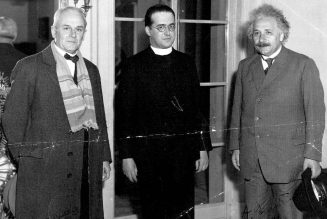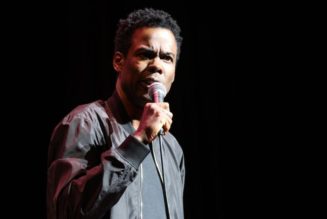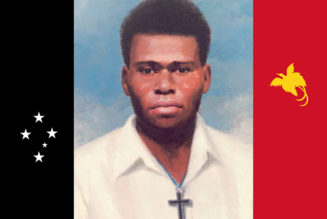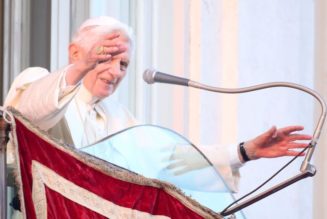“…shall I call it dying life or living death?”
Augustine of Hippo, Confessions
Change is difficult. This is not so obvious to the young—though they too surely crave stability, even if not so consciously. The more we mature and begin to achieve some things we have set out to do, the more we naturally want things to remain the same, to endure.
I must admit that as an academic and especially as a parent I find this time of year very difficult. So many things ending, so many things beginning; and usually worst of all, people moving away. Very dear people.
But isn’t change necessary and even good? This is a complicated question. Surely in the present state of affairs change is a given, and it will happen whether we like it or not. This does not mean that change is necessarily good or desirable for its own sake. I think the wise would say that change is ultimately understandable—and perhaps more importantly, endurable—precisely because of its relation to what is unchanging.
Change is good when it is for the good. It still might be very painful. And indeed, discerning just when and how it is for the good is at times beyond us. We should try. Sometimes, maybe often, we simply need to trust.
The great Augustine saw change as a little death; life itself, then, is like a series of deaths. “A dying life, or living death.” This is stern stuff. But is it a morose view of life?
It depends on where the changes are going, to what they are leading. This will depend in part on whether we have eyes to see, and the will to choose well, and to endure. Even from a purely philosophical viewpoint, Aristotle saw change as a means to an end: an end that in some sense is beyond change. An end in which there is rest. Because it is so good, and it endures.
Some will want stability and reject change out of smallness of soul, an unwillingness to suffer. In the end this is probably a lack of love. Others will accept and even embrace certain changes, because they love so much. They see something wonderful behind and beyond the change that beckons us.
This time of year many of us will experience what Augustine felt, saw, and saw through. Life is a kind of living death. To be reminded of this, even often, can be a mercy. For it can help us focus on the whole point of change, and of life. And just how profoundly worthwhile it is.
Augustine of Hippo (354-430 A.D.) was one of the greatest minds and most influential writers in early Christianity. In addition to his Confessions, the landmark autobiography in which he details his conversion from vanity and sexual immorality, he wrote numerous works in defense and exposition of his late-found faith, most notably The City of God.
“Daddy, why do weeds grow faster than carrots?” I was really struck by this question as my son and I worked together in the quiet of a beautiful evening in our garden. Surely all plants are good in some way and have their place in the natural order. But nonetheless…
“One could find no other association more necessary nor more pleasant than that of men and women.” Musonius Rufus Last Saturday was one of those days around which the rest of life clusters—either as preparation or as consequence. I committed my beloved eldest daughter…
How selfhood begins with a walking away, And love is proved in the letting go. Cecil Day-Lewis, Walking Away We have been observing the progress of a family of swallows in our barn for the last few weeks. Yesterday, the three young ones fledged. After spending many…
Husband, father, and professor of Philosophy. LifeCraft springs from one conviction: there is an ancient wisdom about how to live the good life in our homes, with our families; and it is worth our time to hearken to it. Let’s rediscover it together. Learn more.

Join us!
Please enter your email address to receive a Wednesday Quote and Reflection once a week. I would be honored to be partners in mining the wisdom of the ancients.
You have Successfully Subscribed!
Join Our Telegram Group : Salvation & Prosperity












